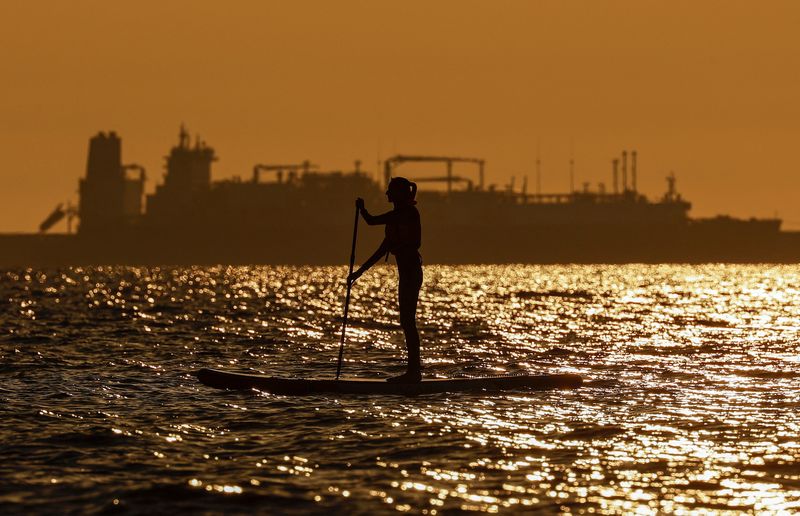MOSCOW (Reuters) - Russia will use alternative routes and supplies of sea-borne liquefied natural gas in case Ukraine does not extend the deal on Russian gas transit to Europe, Kremlin spokesman, Dmitry Peskov said on Friday.
The current five-year agreement between Moscow and Kyiv about Russian gas transit to Europe expires in the end of 2024.
Speaking to reporters at a daily conference call, Peskov also said that the logistic chains for Russian gas exports would be overhauled in case the deal was not extended.
Various media outlets have cited Ukrainian government as saying that Kyiv will not seek talks with Moscow on the possibility of a gas transit deal extension.
"The question is how this gas will get there (to Europe). Of course, there are existing routes related to Turkey, there are supplies of liquefied gas, which are in demand now," Peskov said.
"That is, there are alternative routes. But firstly, they are all already booked ... and of course, this will lead to changes in all logistics chains."

Ukraine used to be Russia's main route for gas exports to Europe. However, the supplies of gas via the country have dwindled as Russia built the now damaged and idle undersea Nord Stream pipeline via the Baltic Sea to Germany and TurkStream link on the bed of the Black Sea to Turkey.
Russian gas exports to Europe also plummeted amid the political fallout over the conflict in Ukraine. Russia has lost top spot of natural gas provider for Europe to Norway.